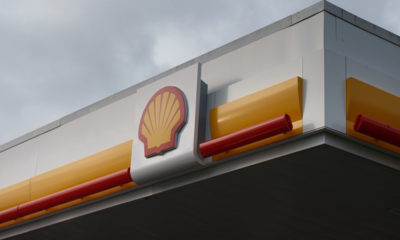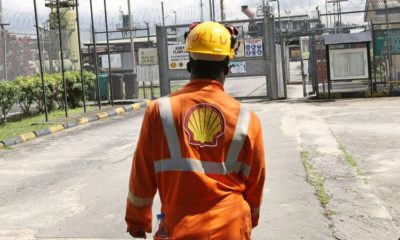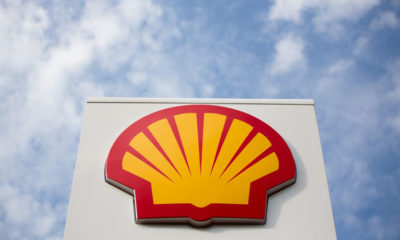- Shell Invites Bid for New Bonga FPSO
Shell Nigeria Exploration and Production Company has announced the release of invitation to tender to contractors for the development of the Bonga South-West Aparo oil field.
SNEPCo said in a statement that the project’s initial phase included a new Floating, Production, Storage and Offloading vessel, more than 20 deep-water wells and related subsea infrastructure.
The field lies across Oil Mining Leases 118, 132 and 140, about 15km South-West of the existing Bonga Main FPSO.
According to the statement, the invitation to tender is for engineering, procurement and construction contracts for the 150,000 barrels per day project in the Gulf of Guinea.
The Managing Director, SNEPCo, Bayo Ojulari, said, “This is a new vista for deep offshore oil and gas exploration in Nigeria based on a revised commercial framework embraced by the government and the project investors.
“SNEPCo has concluded OML 118 negotiations with the NNPC. We now have a clear commercial framework, supported by the government and project investors, toward a potential Bonga South-West Aparo Final Investment Decision.”
He described the conclusion of the commercial framework as a key milestone for the project and the development of Nigeria’s deep-water oil and gas industry.
“The new framework marks the start of the second generation of deep-offshore exploration and development, not just for SNEPCo but for all players in Nigeria’s deep water. This is a model that we see being replicated in the industry to further unleash Nigeria’s potential in deep-water exploration,” Ojulari added.
On the estimated project cost, the General Manager for BSWA, SNEPCo, Adam Bradley, said, “The release of ITT will allow ourselves, the government and investing parties to understand the actual costs for the initial phases which we expect will be very competitive.”
According to the statement, SNEPCo operates OML 118 under a production sharing contract with the NNPC. The co-venture partners in OML 118 are Total E & P Nigerian Limited, Nigerian Agip Exploration Limited and Esso Exploration and Production Nigeria (Deepwater) Limited.
In a related development, the NNPC and its partners for the development of the Bonga Main and Bonga South-West fields in OML 118 on Thursday signed the Heads of Terms Agreement for the development of the over 10 billion barrels of deepwater oil reserves
NNPC’s Group General Manager, Group Public Affairs Division, Ndu Ughamadu, said the HOT deal was executed after a successful settlement of a 10-year dispute among stakeholders based on a comprehensive rapprochement anchored by the corporation.
The Chief Operating Officer, Upstream, NNPC, Bello Rabiu, said the signing of the agreement on the project came as a major landmark in the quest to unlock the nation’s vast deepwater resources and grow the overall crude oil reserves base.
He said with the HOT agreement now safely in the kitty, stakeholders were looking forward to speedy negotiation ahead of the execution of the FID under terms which would be mutually beneficial to all concerned.
The Group General Manager, Corporate Planning and Strategy, NNPC, who also doubled as head of the Bonga South-West Project dispute resolution team, Bala Wunti, said the resolution of the legal dispute had paved the way for partners to cast their investment net into Nigeria’s highly prolific deep waters with the potential for maximum returns.
He said the initiative to exit the legal battle and embrace the commercial option proved a turning point in settling the dispute and turned the next page of the project which was key to the Federal Government’s aspiration in terms of production increase and reserve growth.

 Forex2 weeks ago
Forex2 weeks ago


 Naira2 weeks ago
Naira2 weeks ago
 Naira4 weeks ago
Naira4 weeks ago
 Company News4 weeks ago
Company News4 weeks ago
 Billionaire Watch1 week ago
Billionaire Watch1 week ago




 Naira2 weeks ago
Naira2 weeks ago




 Naira4 weeks ago
Naira4 weeks ago




 Naira1 week ago
Naira1 week ago
















